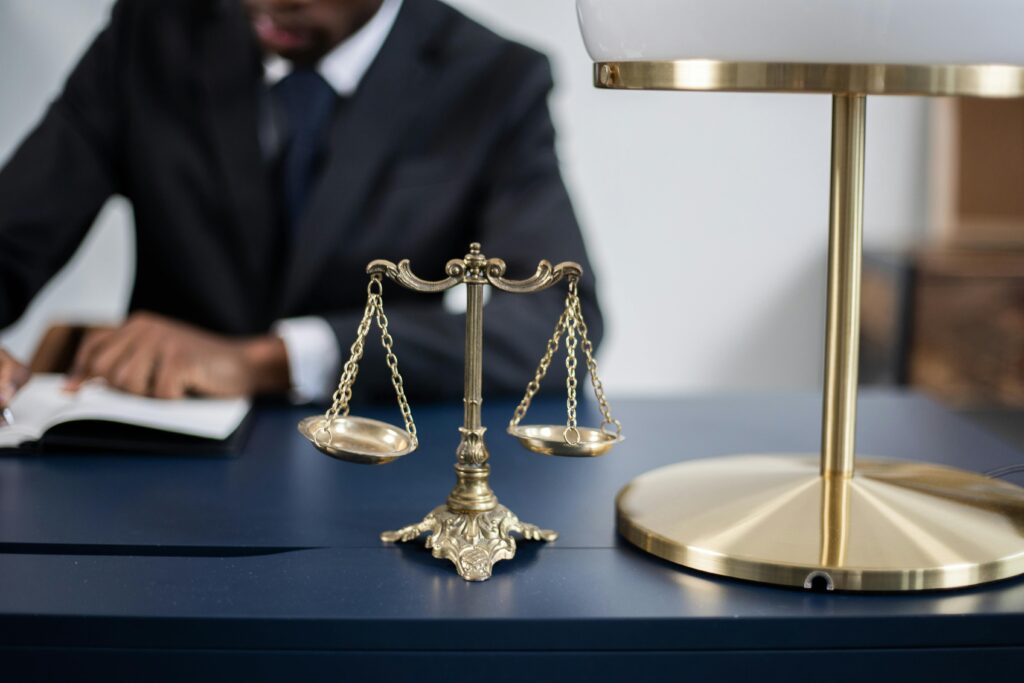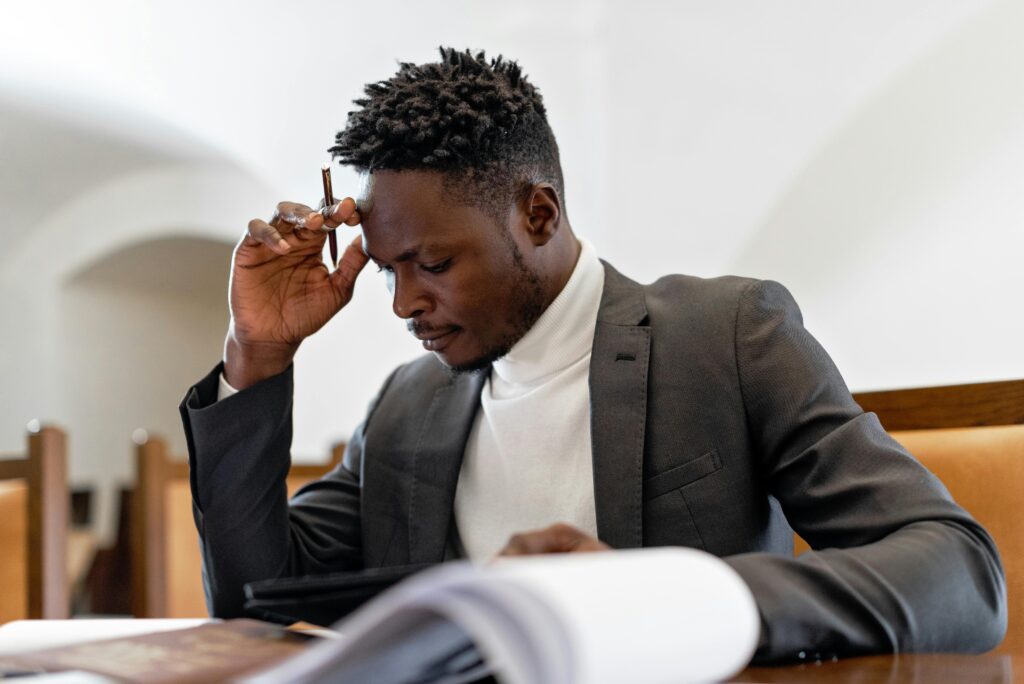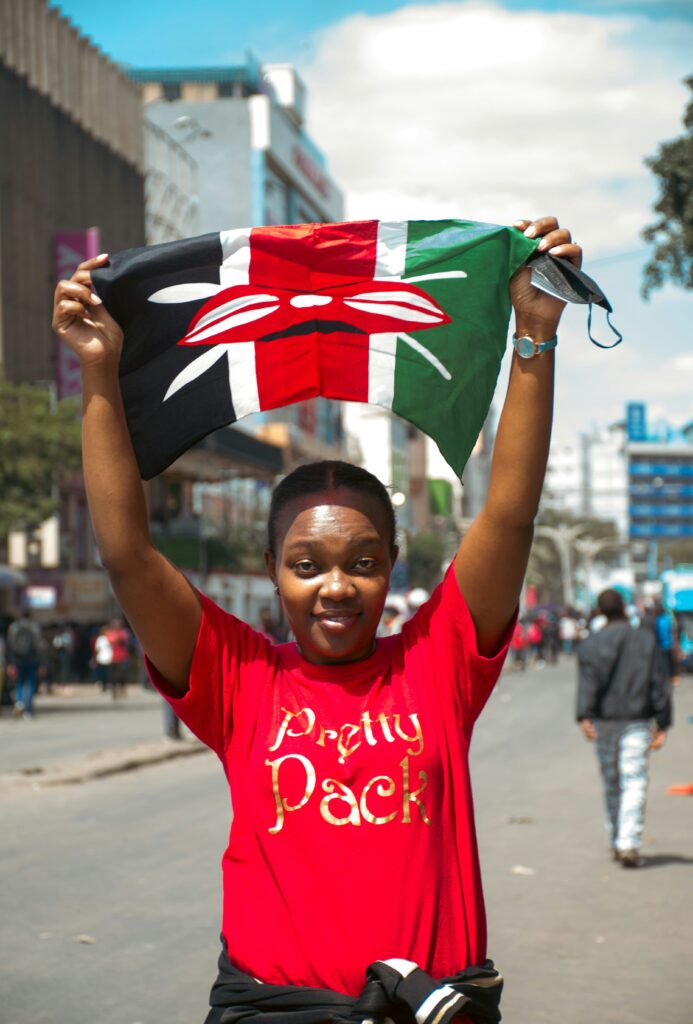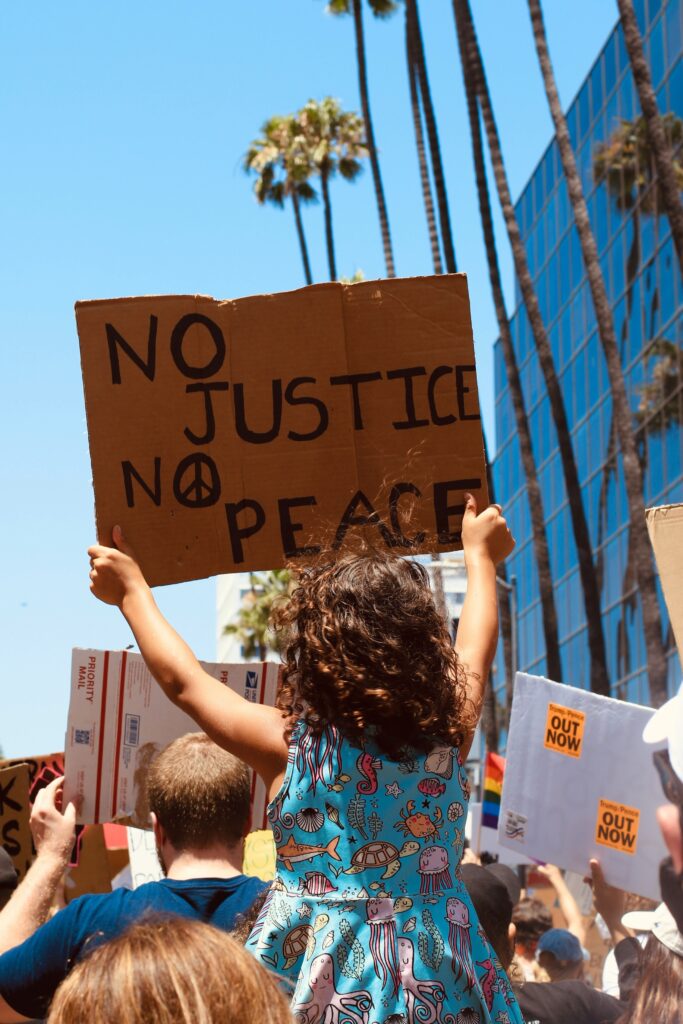When people believe in their justice system, they are more likely to follow the law, resolve disputes peacefully, and invest in their future. Trust in justice encourages cooperation between citizens, communities, and institutions. Unfortunately, in many countries, the legal process is slow, costly, or out of reach for ordinary people. Justice reform is about more than changing laws — it’s about making fairness a reality in everyday life.
Why Trust Matters
A justice system that works fairly for everyone delivers benefits far beyond the courtroom:
- Reduces corruption: Transparency and accountability leave less room for bribery or abuse.
- Prevents conflict: People turn to legal channels instead of violence when they know disputes will be resolved fairly.
- Boosts business confidence: Entrepreneurs invest and grow when contracts are enforced and property rights are clear.
- Strengthens social stability: Communities with trusted justice systems experience less unrest and greater cooperation.
When trust breaks down, people avoid courts, disputes escalate, and the rule of law weakens — damaging both peace and prosperity.
Practical Steps to Rebuild Confidence

True justice reform combines national policy changes with community-level action:
- Accessible legal aid: Provide free or affordable services for those unable to pay, ensuring no one is denied justice due to cost.
- Community paralegals: Train residents to help neighbours understand their rights, navigate bureaucracy, and prepare legal documents.
- Open court data: Publish clear, accessible information on case outcomes to improve transparency and deter bias.
- Timely resolution: Set and enforce deadlines to prevent years-long case backlogs that erode public faith.
Linking Justice to Development
Fair justice is not only a moral issue — it’s an economic one. Investors look for stable, predictable environments where rules are respected. Farmers rely on secure land titles to plan for the future. Workers depend on contracts that can be enforced if disputes arise. Without these safeguards, economic growth slows and inequality deepens.
For example, in Kenya, introducing mobile courts in rural areas has allowed farmers to settle land disputes quickly, freeing them to focus on production rather than protracted legal battles.
A Community Role in Accountability

Justice is strongest when citizens are active participants. Public feedback channels for police conduct, court efficiency, and local governance help identify problems early. Community-led oversight committees can ensure that justice services remain fair, transparent, and responsive to the people they serve.
In Conclusion…
Fairness builds peace, and peace builds prosperity. When justice works for everyone, communities become safer, economies grow, and trust thrives.
Together, we can nurture sustainable, fair, and hopeful communities.



